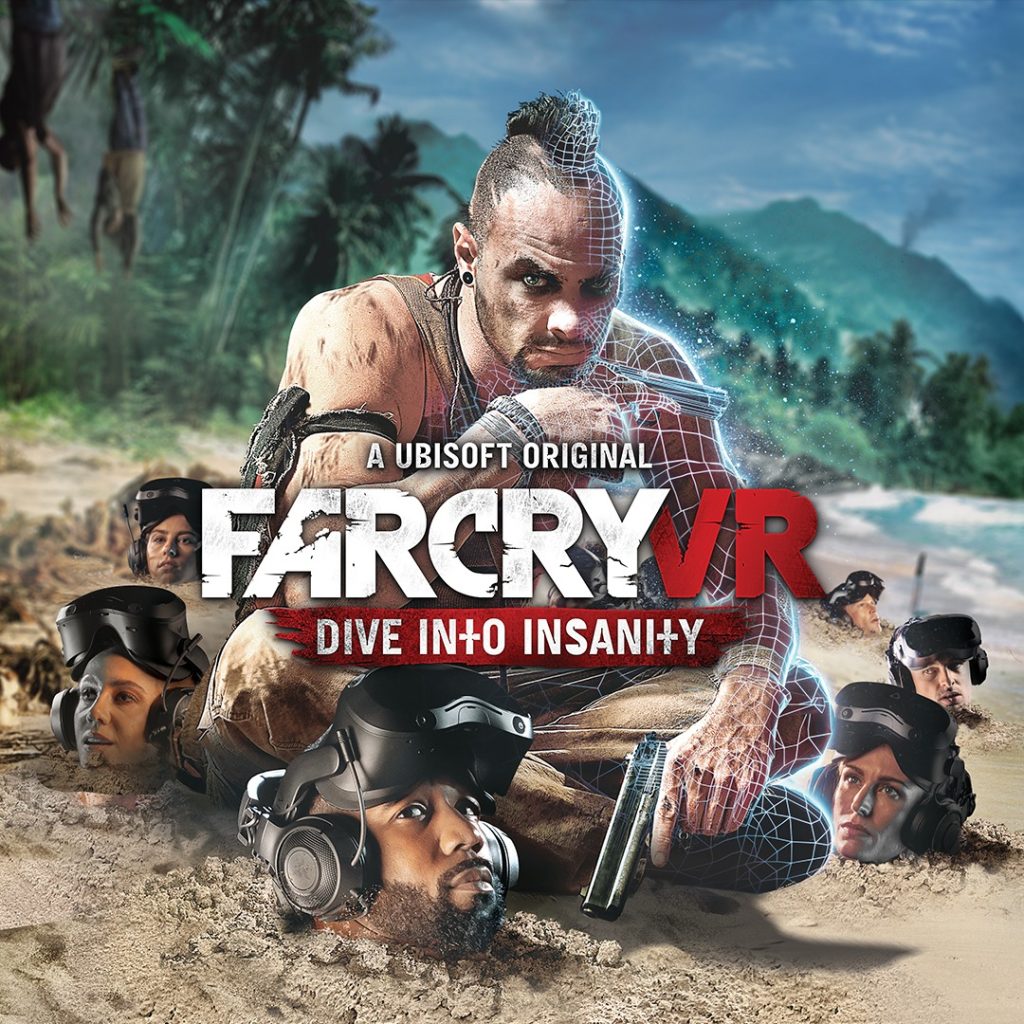Virtual Reality VR has emerged as a revolutionary force, reshaping the landscape of entertainment, social interaction, and even education. Once confined to the realm of science fiction, VR technology has leaped into our daily lives, creating immersive experiences that blur the boundaries between gaming and reality. This transformation is not merely a trend; it signifies a fundamental shift in how we perceive and engage with digital environments. At its core, VR provides users with the sensation of being physically present in a virtual world. By using headsets and motion-tracking devices, players can interact with digital landscapes in ways that feel remarkably real. This immersion allows for a heightened emotional engagement, making players feel as though they are part of the story rather than just observers. For instance, games like Half-Life: Alyx and Beat Saber not only offer thrilling gameplay but also create an emotional connection, pulling players into narratives that resonate with them on a personal level.
As players explore these virtual realms, they often form bonds with characters and fellow gamers, fostering a sense of community that transcends geographical barriers. The implications of VR extend beyond mere entertainment. Educational institutions are beginning to recognize the potential of virtual environments as tools for teaching and training. Medical students, for instance, can practice surgeries in VR simulations that replicate real-life scenarios without the risk of harming patients. Similarly, history lessons can come to life through immersive experiences that allow students to walk through ancient civilizations or witness historical events firsthand. This ability to engage with content in a three-dimensional space enhances understanding and retention, illustrating how VR can revolutionize learning. Moreover, VR’s capacity to facilitate social interaction has made it a valuable tool for connection in an increasingly digital world.
Virtual reality platforms like Rec Room and VRChat enable users to gather in shared spaces, participate in activities, and socialize in ways that traditional social media cannot replicate. These experiences can alleviate feelings of isolation, especially during challenging times like the COVID-19 pandemic, when physical gatherings were limited. Users find solace in these virtual communities, forging friendships that span the globe. As VR technology continues to advance, the line between games and life will likely blur further. With improvements in graphics, haptic feedback, and artificial intelligence, virtual experiences will become even more lifelike and engaging. The possibilities are limitless: from virtual vacations to simulations of everyday life scenarios, Private Events available VR is poised to redefine how we interact with digital content and each other. as we navigate this new frontier, we must consider the ethical implications of such immersive experiences and ensure that they enrich rather than replace our real-world interactions.